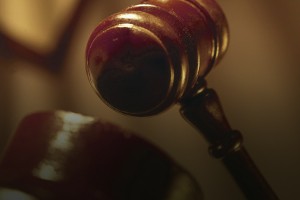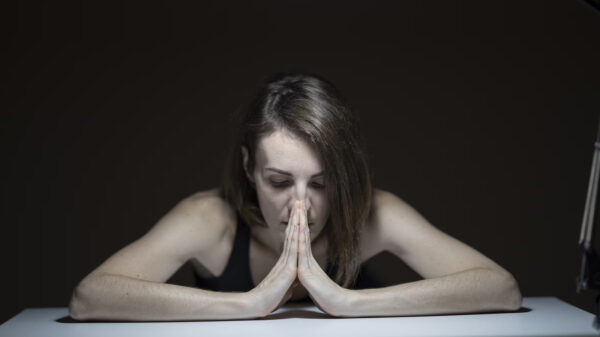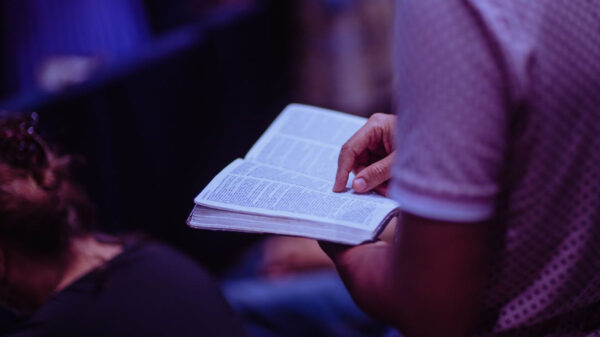
There are lots of areas of expertise in criminal trials, and both the prosecution and defense attorneys commonly call experts to the witness stand as part of their presentation of evidence. There are forensic experts of every stripe, DNA experts, ballistic experts, behavioral experts, linguistic experts; if you can think of a category of evidence, there is probably an expert somewhere who is willing to come to court to testify about it. Their testimony is sometimes critical to the case, but it can often be technical and highly confusing. There are times when expert witnesses offer so much esoteric detail, that confusion, rather than clarity, results. The prosecutors and defense attorneys usually do their best to “translate” what the experts have provided, and ask follow-up questions of the experts in an effort to simplify concepts and make them accessible to the jury. It’s the jurors, after all, who will eventually have to make a decision here.
The attorneys aren’t the last people who will have to “translate” these concepts. The jurors will also find themselves re-communicating the expert testimony once they are assembled in the jury room for their final deliberation. One of these jurors, the jury foreperson, will actually facilitate and monitor the process. Along the way, the jurors will most certainly have to examine the facts provided by the experts. It won’t often be easy, and many of the jurors will be asked to examine scientific or technical issues that are well outside their individual areas of expertise. But these folks are entrusted with this duty and are fully capable of understanding and re-communicating the truth to one another. They are much like you and me, as Christians.
Each of us bears a burden to make a case for what we believe. Peter makes that clear in his letter to those who were scattered from Jerusalem. But few of us are experts in any particular field of “apologetics”. Not many of us are world class philosophers like J. P. Moreland, astrophysicists like Hugh Ross or biochemists like Fuzale Rana. But, as important members of the jury, we are called to examine the claims of Christianity and re-communicate the evidence to other “jurors” in our family, school environment and workplace. We are the ones who have been given the power of decision. In every jury deliberation, there are times when jurors have difficulty remembering precisely what an expert said about a particular subject. In those situations, the jury often asks the court for “read-back”; they are allowed to listen to (and review) the transcript of the testimony that was given by the expert. We don’t expect jurors to be able to recall and recite every detail offered by the experts. We don’t expect jurors to become experts. We simply expect jurors to refer to the experts when they have questions.
As Christian Case Makers, we don’t have to become experts either. We simply need to know how to resource the experts when someone on our jury asks a question. We need to have access to the book, the article, the website, the podcast or the video that will help us remember the details and help each other make a decision. There are plenty of experts (“million dollar” apologists) out there at our disposal. If we hope to be good “one dollar” apologists, we simply need to be able to refer to the experts when we need to. As Christian Case Makers, we don’t have to become experts either. We simply need to know how to resource the experts when someone on our jury asks a question. Click To Tweet

J. Warner Wallace is a Dateline featured Cold-Case Detective, Senior Fellow at the Colson Center for Christian Worldview, Adj. Professor of Christian Apologetics at Talbot School of Theology, Biola University, author of Cold-Case Christianity, God’s Crime Scene, and Forensic Faith, and creator of the Case Makers Academy for kids.
Subscribe to J. Warner’s Daily Email
J. Warner Wallace is a Dateline featured cold-case homicide detective, popular national speaker and best-selling author. He continues to consult on cold-case investigations while serving as a Senior Fellow at the Colson Center for Christian Worldview. He is also an Adj. Professor of Christian Apologetics at Talbot School of Theology, Biola University, and a faculty member at Summit Ministries. He holds a BA in Design (from CSULB), an MA in Architecture (from UCLA), and an MA in Theological Studies (from Gateway Seminary).


































Pingback: Why Christian Case Makers Need to Learn a New Language | Apologetics ForumApologetics Forum
Pingback: The Importance of Christian Translators - Cross Examined - Christian Apologetics | Frank Turek
Pingback: Ten Reasons “Tent Makers” Make Great Christian “Case Makers” | Cold Case Christianity
Pingback: Christian Case Makers | Christian Apologetics
Pingback: Why Christian Case Makers Need to Learn a New Language
Pingback: Why Christian Case Makers Need to Learn a New Language | Cold Case Christianity
Pingback: When and How Much Should We Rely on Biblical Experts? - Nehemiah Reset